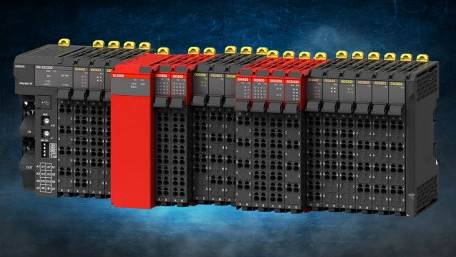
This article investigates the basic qualities that make up a safety PLC, what distinguishes a safety PLC from a standard model, and the reasons for which a…
This article investigates the basic qualities that make up a safety PLC, what distinguishes a safety PLC from a standard model, and the reasons for which a safety PLC may be critical.
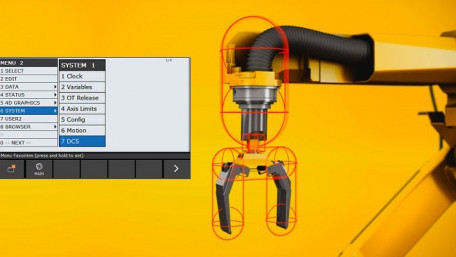
Learn about FANUC’s Dual Check Safety (DCS) system and the various methods, how to configure the DCS parameters, and…
Learn about FANUC’s Dual Check Safety (DCS) system and the various methods, how to configure the DCS parameters, and how to avoid and resolve issues associated with DCS positional alarms.
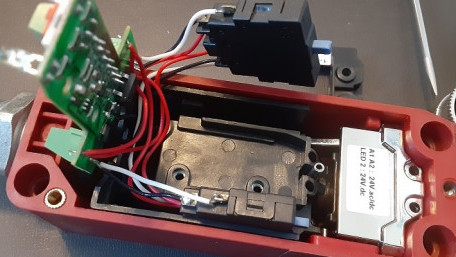
Safety devices have two main purposes, both of them meant for (you guessed it) safety. They protect both machine and…
Safety devices have two main purposes, both of them meant for (you guessed it) safety. They protect both machine and operator from harm. But what’s inside, and how do these switches work?
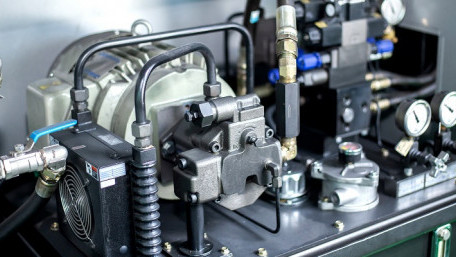
Pressures are always rising and falling in fluid systems. Sometimes the changes are extreme and lead to damage. What…
Pressures are always rising and falling in fluid systems. Sometimes the changes are extreme and lead to damage. What causes problematic pressure changes, and how can you trace them to their source?
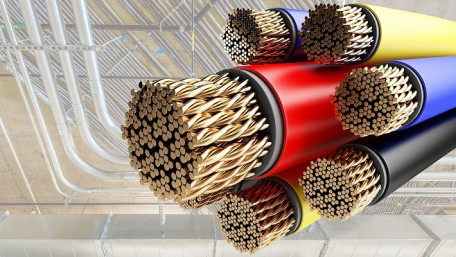
Current flow in wires is often modeled with a perfectly circular cross-section, with the size of the wire being…
Current flow in wires is often modeled with a perfectly circular cross-section, with the size of the wire being responsible for the maximum current. This is true, but there’s more to the story.
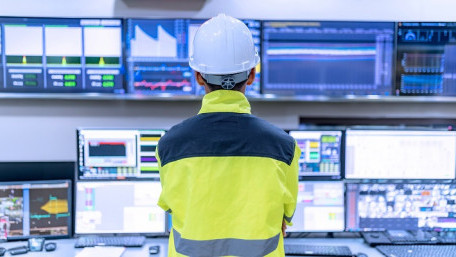
When beginning a new career, an obvious question is how to take positive steps, from your first day inside the plant all…
When beginning a new career, an obvious question is how to take positive steps, from your first day inside the plant all the way to becoming an experienced senior operator.
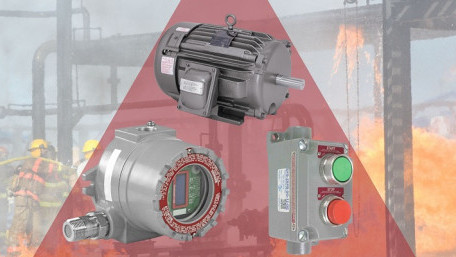
Some workplaces are more dangerous than others, not because of the practices, but rather the products. Where do…
Some workplaces are more dangerous than others, not because of the practices, but rather the products. Where do explosions occur, and what practices exist to reduce such risk for equipment and workforce?
Industrial robots are becoming safer and more economical by utilizing safety signals over Ethernet networks via CIP…
Industrial robots are becoming safer and more economical by utilizing safety signals over Ethernet networks via CIP safety technology.
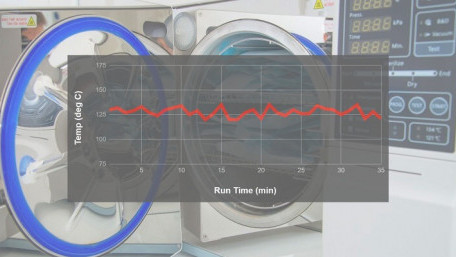
Temperature profiling is an effective tool to monitor thermal properties in process equipment. This article defines…
Temperature profiling is an effective tool to monitor thermal properties in process equipment. This article defines temperature profiling, discusses the process components, and describes the various benefits it offers.
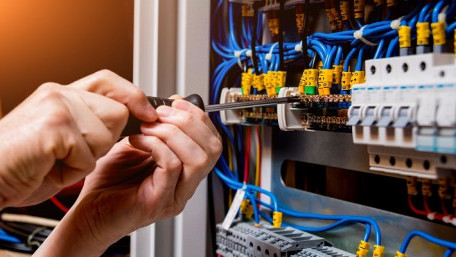
Designing, installing, and maintaining control systems involves a lot of wires. Each wire has a purpose, often indicated…
Designing, installing, and maintaining control systems involves a lot of wires. Each wire has a purpose, often indicated by the color of the insulation. But what are the common colors, and what do they mean?
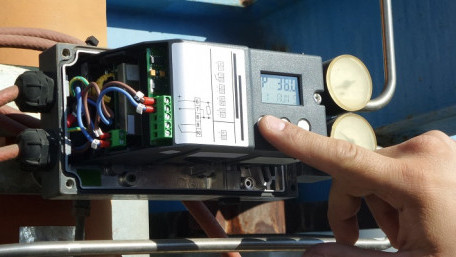
Calibration is performed on a regular basis to ensure proper measurement tool function, but how do we determine the…
Calibration is performed on a regular basis to ensure proper measurement tool function, but how do we determine the proper interval? Factors include environment, usage, and level of dependence on proper function.

Safety is a concern in any system containing potential energy, whether electrical, chemical, or fluid. Each has methods…
Safety is a concern in any system containing potential energy, whether electrical, chemical, or fluid. Each has methods of protection, and for fluid systems, certain shutoff valves are used in situations when excess pressure can be a problem.
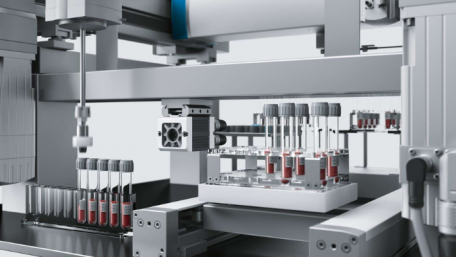
Total laboratory automation (TLA) helps in workforce utilization, reduced costs, and management of routine testing. Learn…
Total laboratory automation (TLA) helps in workforce utilization, reduced costs, and management of routine testing. Learn about what TLA is, its components, and what to consider before replacing a traditional laboratory.

Functional safety is the safety of a system and is critical for industries such as medical devices, automotive, railways,…
Functional safety is the safety of a system and is critical for industries such as medical devices, automotive, railways, and machinery. This article will focus on functional safety for machinery and the standards that help its implementation.
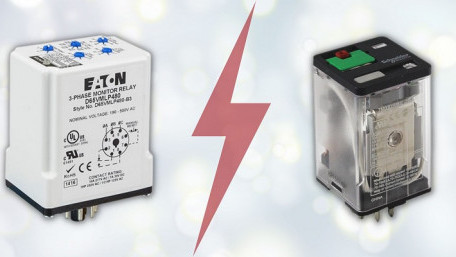
Protection systems are critical in today’s fast-paced industrial revolution for the safety of people and processes.…
Protection systems are critical in today’s fast-paced industrial revolution for the safety of people and processes. This article discusses electronic protective relay types and how they differ from standard relays.
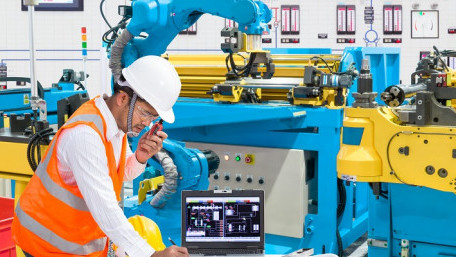
When a robot crashes, it needs to be put back into position. The steps in this process depends on the end user and the…
When a robot crashes, it needs to be put back into position. The steps in this process depends on the end user and the equipment manufacturer. Understanding why the robot crashed also helps prevent future failures.
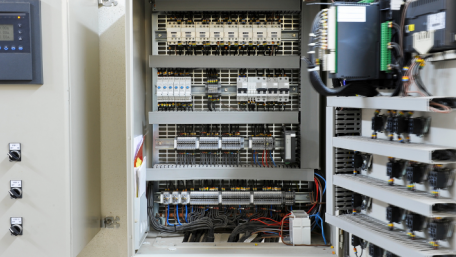
Industrial control panels are at the heart of control systems. Learn about the standards and regulations that dictate…
Industrial control panels are at the heart of control systems. Learn about the standards and regulations that dictate industrial control panel design for safety and efficiency, including NFPA 70, UL 60947-4-1, and NFPA 79.
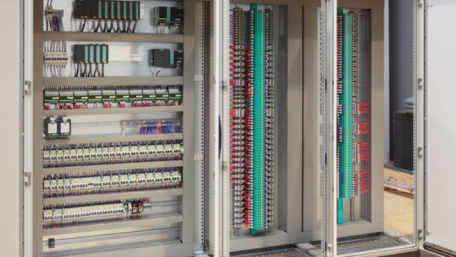
Whether open or closed, industry standard or built for tough environments, or modular or customized, it is important to…
Whether open or closed, industry standard or built for tough environments, or modular or customized, it is important to follow a set of repeatable tasks when designing industrial control panels for efficiency and safety.
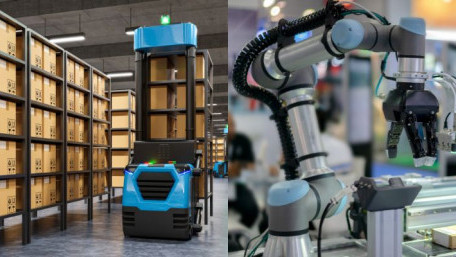
Robots are no longer unanimously just "robots"—there are specific tasks and functionality of each kind. Learn about the…
Robots are no longer unanimously just "robots"—there are specific tasks and functionality of each kind. Learn about the technology differences between fixed-location robots and mobile robots and why no one robot is like another.
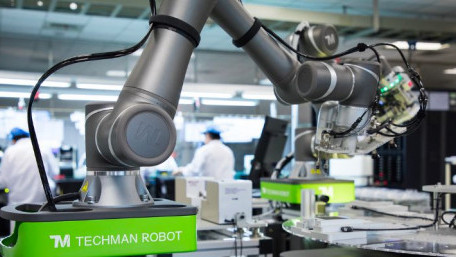
Learn about the common applications, programming procedures, and safety protocols of collaborative robot work cells,…
Learn about the common applications, programming procedures, and safety protocols of collaborative robot work cells, which are often simpler and less expensive than industrial robot work cells.
